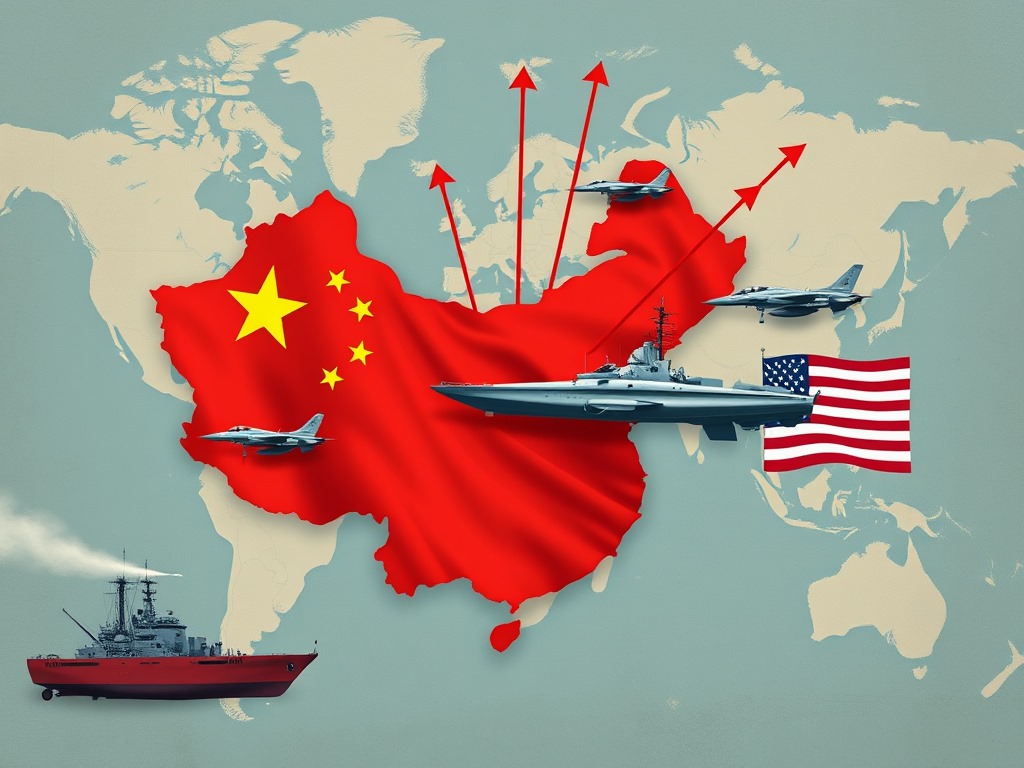Overview
In recent months, China has intensified its rhetoric and actions against nations perceived to be siding with the United States in geopolitical conflicts. This response underscores the growing tensions between China and the U.S., as well as the broader implications for international relations.
Diplomatic Pressure
Warnings and Consequences
China has issued stern warnings to countries that align with U.S. policies, suggesting that they may face economic repercussions or diplomatic isolation. This strategy aims to deter nations from joining coalitions that challenge China’s interests, particularly in areas like trade, security, and regional influence.
Economic Leverage
China’s significant economic power allows it to wield considerable influence over smaller nations. Countries dependent on Chinese trade and investment may find themselves under pressure to reconsider their alliances. Beijing has made it clear that siding with the U.S. could jeopardize beneficial trade agreements or investments.
Military Posturing
Increased Military Activity
In response to perceived threats, China has ramped up military activities in regions of concern, including the South China Sea. This display of military strength serves as both a deterrent and a message to nations that might support U.S. positions.
Alliances and Partnerships
China is also seeking to strengthen its alliances with countries that oppose U.S. influence. By bolstering ties with nations like Russia and those in the Global South, China aims to create a counterbalance to U.S. alliances.
Conclusion
China’s threats against countries siding with the U.S. reflect a complex interplay of diplomacy, economics, and military strategy. As global tensions rise, the responses from both sides will shape the future of international relations and could have lasting impacts on global stability. Nations must navigate these dynamics carefully to protect their interests while maintaining sovereignty in a polarized world.





